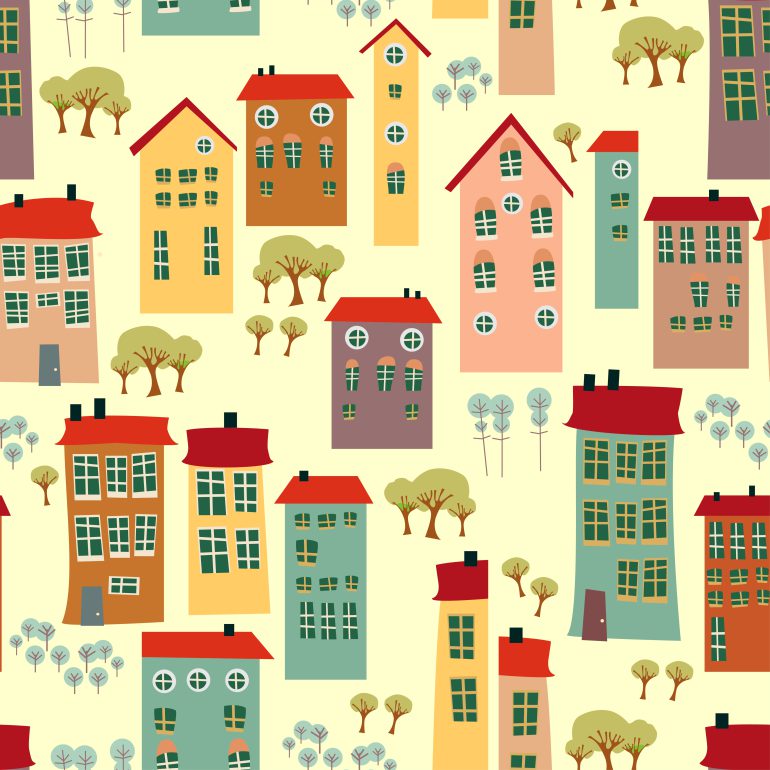The housing shortage in the Netherlands has long been a pressing problem. Statistics Netherlands (CBS) has now delved into the acute housing shortage and examined how people experience it. In its Perception Survey, CBS examines Dutch views on social issues such as government and citizen responsibilities, well-being and perceived safety and how the Dutch population experiences them. It examines not only opinions on these issues, but also how people perceive their own situation.
The Perceptions 2024 Survey reveals that 49% of adults are dissatisfied with local housing supply, and nearly 40% expect it to worsen. Only 24% are satisfied with local housing. In contrast, 84% are content with sports facilities, and 82% with restaurants and cafes. Opinions on these amenities are less divided, with minimal expected change. Furthermore, only about 20% believe the availability of GP practices, public transport and green areas will deteriorate.
Regional differences
The Perceptions 2024 results highlight regional differences in housing satisfaction. People in North Holland and Utrecht are the most dissatisfied, with around 60% expressing dissatisfaction and negative expectations for future housing. More than 40% in these provinces expect the housing supply to worsen.
Conversely, residents in the northern provinces and Zeeland are more content, with over 30% being (very) satisfied. In Friesland and Drenthe, less than 30% expect a deterioration in their region.
Housing stress
Metro Nieuws recently reported that many Dutch people are experiencing housing stress, with some considering emigration. This relatively new type of stress affects over half of respondents according to an ING survey. It arises when housing is urgently needed but unavailable, often in situations like divorce, financial issues or after graduation from university, when students have to leave their student housing. First-time buyers are also impacted, with nearly a quarter being forced to move from a rental house while they would rather stay, or having to live with housemates while they prefer having their own place.
‘This demonstrates how widespread housing stress is,’ says Wim Flikweert, Housing Manager at ING. ‘It gives a face to the current housing shortage, because the impact is enormous – think of a divorce where you have to quickly find a new home in your own neighbourhood for yourself and your children in a market that’s far too tight. That’s virtually impossible. You’ll be forced to move in with your parents or friends.’
Moving forward
The situation is unlikely to improve soon as the housing market remains overheated, with rising house prices. Metro Nieuws reports that owner-occupied homes in the Netherlands were nearly 8% more expensive at the end of September compared to a year earlier. Housing supply is the most critical issue in this year’s parliamentary elections, with half of the voters in an Ipsos I&O poll believing that a new government should prioritise it.
BouwNieuwsVandaag too highlights that the outlook for housing supply continues to be concerning. The construction sector platform suggests that regional disparities require tailored solutions.
Interestingly, the National Vacancy Monitor from CBS and news programme Pointer reveal that there are so many vacant houses, offices and shops in the Netherlands that all Utrecht residents could live in them. However, obstacles remain; many of these buildings are not suitable for habitation, and regulations restrict the options to convert them.
Written by Femke van Iperen
